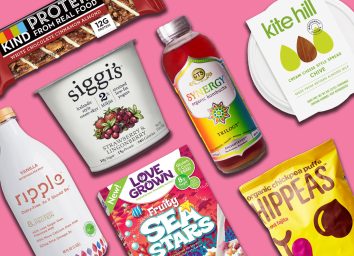15 Superfoods to Spring Clean Your Body
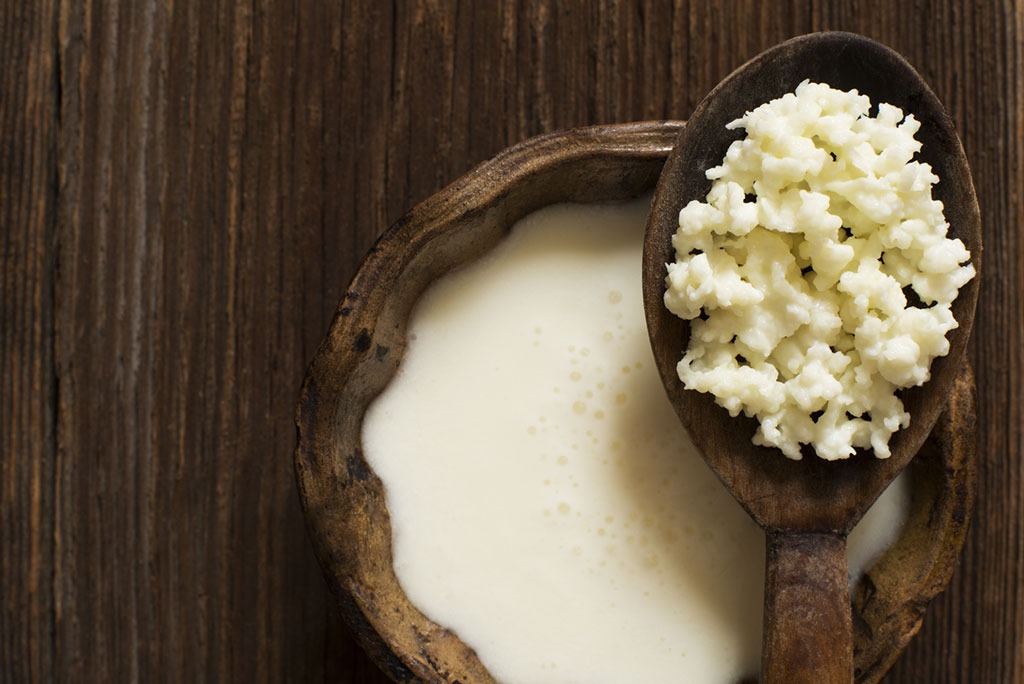
Sure, your winter duds are cozy and all, but you’re probably starting to forget what your body looks like. And while you love yourself an endless array of comfort foods as much as the next person, you probably don’t enjoy the bloating, heartburn, and more-than-occasional bathroom marathons that follow.
Wouldn’t it be great if there was a reset button that could magically undo the calorie-filled debauchery your body’s endured all winter so you can head into spring feeling refreshed?
Spoiler alert: You don’t need a reset button. You also don’t need to break up with your oversized hoodies or go on some crazy detox diet. To reboot your body for spring, simply add the right foods to your diet—grub that revs your metabolism, keeps your gut happy, and restores your energy levels. Stocking up on these 15 expert-approved superfoods is a great place to start. And if you want healthy recipes, supermarket shopping guides, and essential nutrition tips at your fingertips, subscribe to the new Eat This, Not That! magazine now! For a limited time, you can save 50 percent off the cover price—click here!
Dark Leafy Greens

Nutritional powerhouses such as spinach, kale, arugula, and romaine are loaded with potent antioxidants that can remove damaging toxins from the body and ward off the negative effects of free radicals (molecules that can damage cells and reduce our immune response). Antioxidants act as tiny superheroes that bind to the free radicals and “deactivate” them, says New Jersey-based dietitian Dafna Chazin, RDN, LDN. Dark leafy greens contain vitamin C and beta-carotene, which will help rejuvenate hair and skin cells that may have taken a beating from the cold winter winds. Vitamin C also helps produce collagen, a key component of beautiful skin and strong joints.
Garlic

Garlic, the ultimate detox food, supports liver enzymes and processes important to your body’s natural cleansing regime, says New York-based dietitian Deborah Malkoff-Cohen, RD, CDN, CDE. Not only is it the most effective antimicrobial agent (with almost 40 different anti-fungal, bacterial, parasitic, and viral agents), Malkoff-Cohen shares, it also contains a high amount of vitamin C, which boosts immunity and supports liver function.
Fennel

After consuming all that salty soup over the winter, your tummy is likely full and bloated. For a reprieve, look for fennel. “Fennel seeds and fennel bulb act as an antispasmodic medium on the colon, which can help relieve gas and bloating,” says Sydney Greene, RD, a dietitian at Middleberg Nutrition in New York City. Toss raw fennel with some citrus for a simple salad that provides a de-bloating one-two punch. (The vitamin C found in citrus fruits helps fight water retention by reducing inflammation in the body.)
Ground Flaxseed
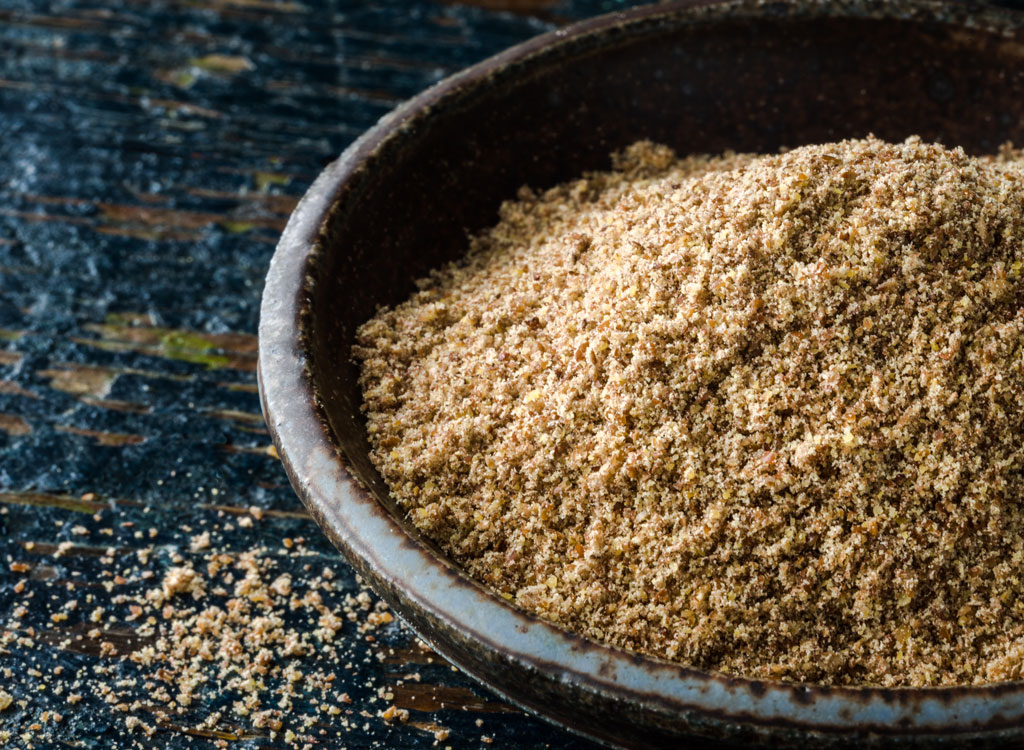
Each tablespoon of ground flaxseed contains about 1.8 grams of plant-based omega-3s—an important fatty acid in the fight against inflammation, says Malkoff-Cohen. It also contains both soluble and insoluble fiber, which can help lower cholesterol, keep the bowel train from derailing, and bind to toxins in order to help excrete them out of the body. Because it improves blood sugar levels and suppresses appetite—and can be added to oodles of foods, such as smoothies, salads, and oatmeal—ground flaxseed is handy to have around when your goal is to slim down.
Brussels Sprouts

Brussels sprouts are an excellent partner in crime for anyone who wants to give their waistline a trim. One cup contains more than 100 percent of the daily recommendation for vitamin C and 3 grams of fiber—and clocks in at only 38 calories, Edwina Clark, RD, head of nutrition and wellness at Yummly tells us. The veggie is also jam-packed with sulfur-containing compounds, which may help reduce inflammation and deactivate carcinogens.
Barley

A 2015 study conducted by Lund University in Sweden suggests that barley can reduce both blood sugar levels and appetite. After eating barley-kernel-based bread for three days during breakfast, lunch, and dinner, participants experienced an increase in gut hormones that regulate metabolism and appetite as well as an uptick in a hormone that helps reduce low-grade inflammation. Researchers suspect this is due to the role dietary fiber plays in stimulating good gut bacteria and triggering the release of important hormones. Best of all, the effects on participants’ metabolisms lasted for up to 14 hours!
Asparagus
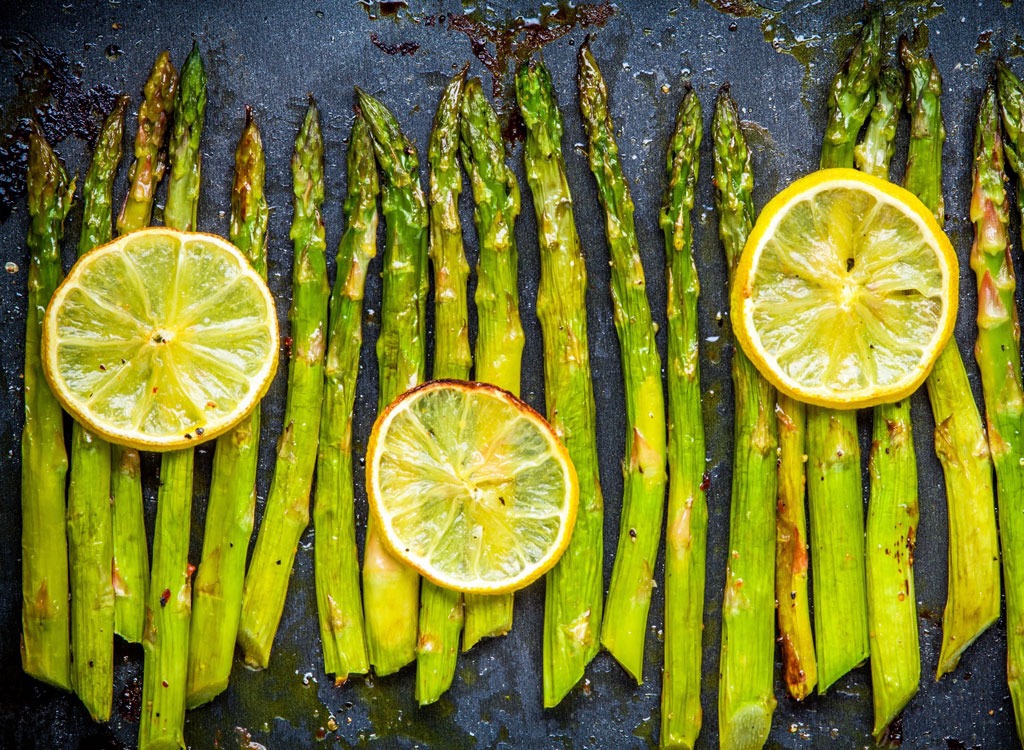
Besides inflammation-fighting antioxidants, these tasty spears contain glutathione, a compound that binds to dangerous toxins, allowing your body to excrete them. Asparagus also contains prebiotic fiber, which feeds the healthy bacteria in your gut. “Healthy bacteria provide many benefits, like helping maintain a healthy weight and increasing nutrient absorption,” says Lisa Booth, RDN, 8fit health coach and dietitian. Plus, asparagus contains high levels of asparagine, an amino acid that serves as a natural diuretic and helps rid your body of the excess salt and water you may be retaining. (Sayonara, bloating!)
Broccoli

Cruciferous veggies, like broccoli, are basically besties with your liver, the body’s main detoxifying organ. Similar to asparagus, broccoli contains compounds that work together to enhance the body’s detox process. It also contains fiber, which helps keep your gut healthy and works to sweep toxins out of your body. One word of caution, though: The cruciferous family contains raffinose, a sugar that your gut bacteria love, so eating too much can result in bloating and gas. Gradually incorporate these foods into your diet—say, add an extra serving every few days—and thoroughly cook them to decrease these effects, Booth suggests.
Eggs

Eggs are considered the gold standard of protein because of their high bioavailability, or your body’s ability to easily digest and absorb their nutrients and put them to good use, says Booth. Aside from the filling protein they contain, eggs come packed with all nine essential amino acids, which help repair tissue and break down food. Eggs also contain organosulfur compounds, which help fight free radicals and neutralize toxins in the body.
Beets

Beets contain multiple antioxidants that have cleansing and detoxification properties, some of which help with breaking down waste in the liver so that it can be shipped out of the body faster, says Malkoff-Cohen. They’re also an amazing source of fiber and vitamin C, which acts as the digestive system’s cleaning crew.
Plain Greek Yogurt
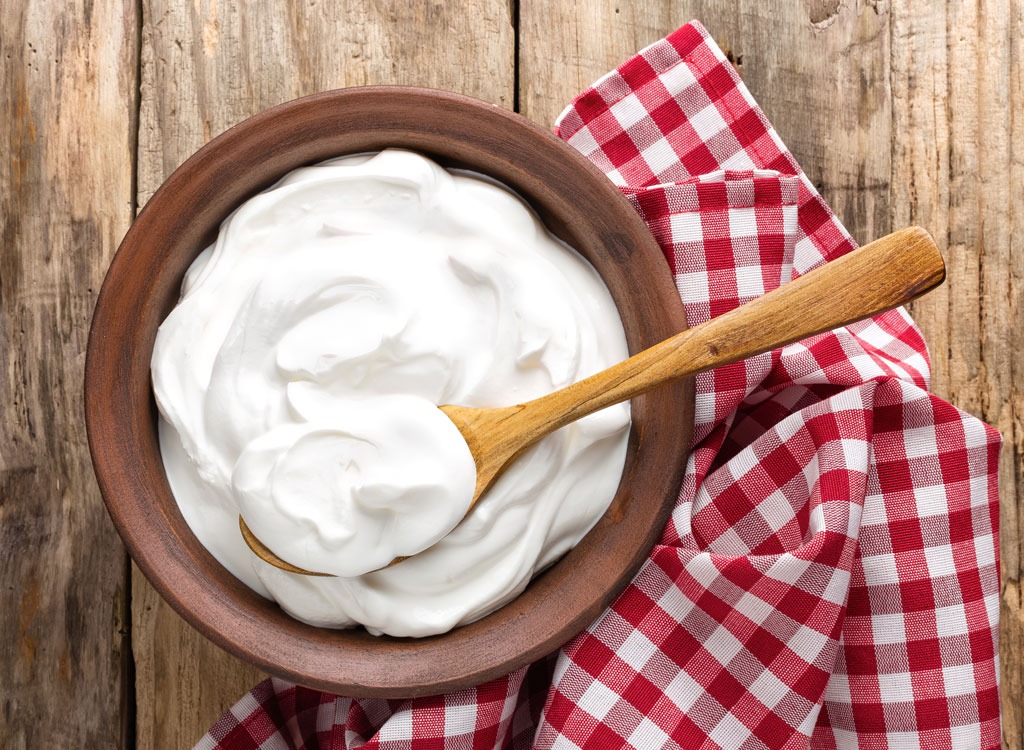
Research suggests that a healthy microbiome—the community of living bacteria in your gut—is key to ensuring that your body functions at its best. In fact, a healthy gut is synonymous with digestive regularity and reduced bloating. To replenish good gut bacteria and help combat bad bacteria that can wreak havoc on your digestive system, enjoy a daily serving of probiotic-packed foods such as plain Greek yogurt.
“Most varieties contain live and active cultures, but check the label to be sure,” Boston-based dietitian Sheri Kasper, RD, recommends. Specifically, make sure your yogurt contains Lactobacillus acidophilus. And to keep your healthy bacteria fed and happy, include plenty of prebiotic-rich eats in your diet, such as bananas and berries—which, conveniently, pair well with plain yogurt!
Bell Peppers
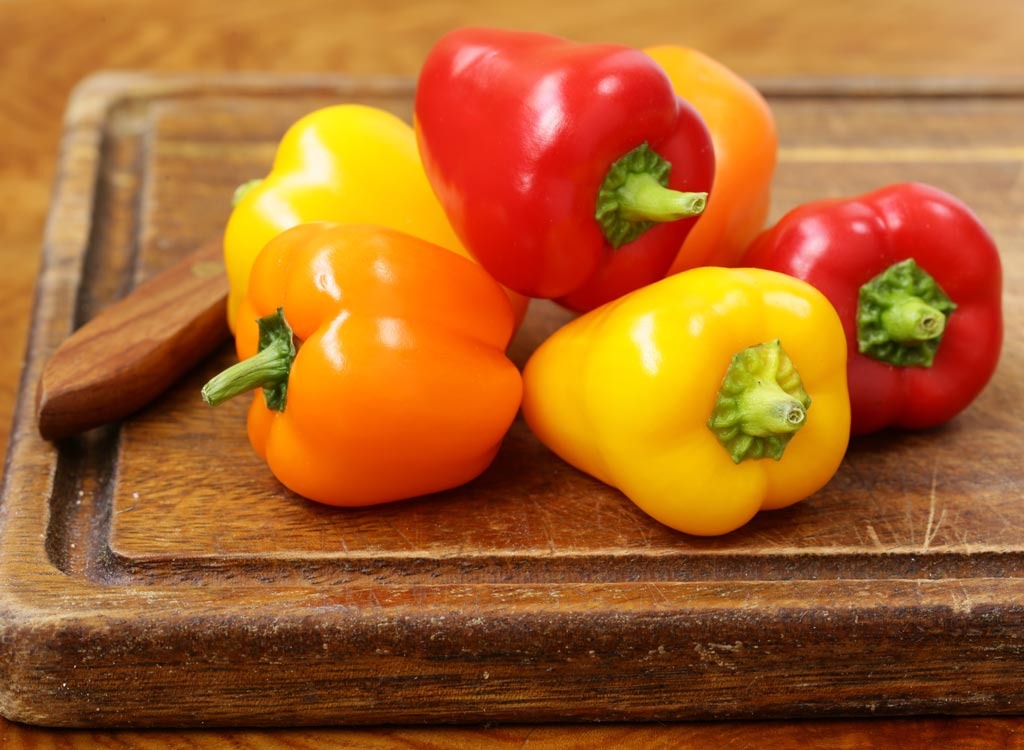
No matter the color, bell peppers are low in calories and high in antioxidants, helping to lower inflammation in the body. They also contain a decent amount of fiber and are super hydrating—which is helpful when warding off a traffic jam in the bowels, says Natalie Allen, instructor of biomedical sciences at Missouri State University. Red bell peppers, in particular, may give our metabolism a boost by activating thermogenesis (a metabolic process in which the body burns calories to produce heat), according to a study published in the journal Physiology & Behavior.
Pomegranate

Half a cup of pomegranate arils provides 3.5 grams of fiber and is a delicious way to promote digestive health and boost satiety, says Clark. This superfruit is also packed with polyphenols, a group of antioxidants that help clean up free radical damage and fight inflammation.
Kefir
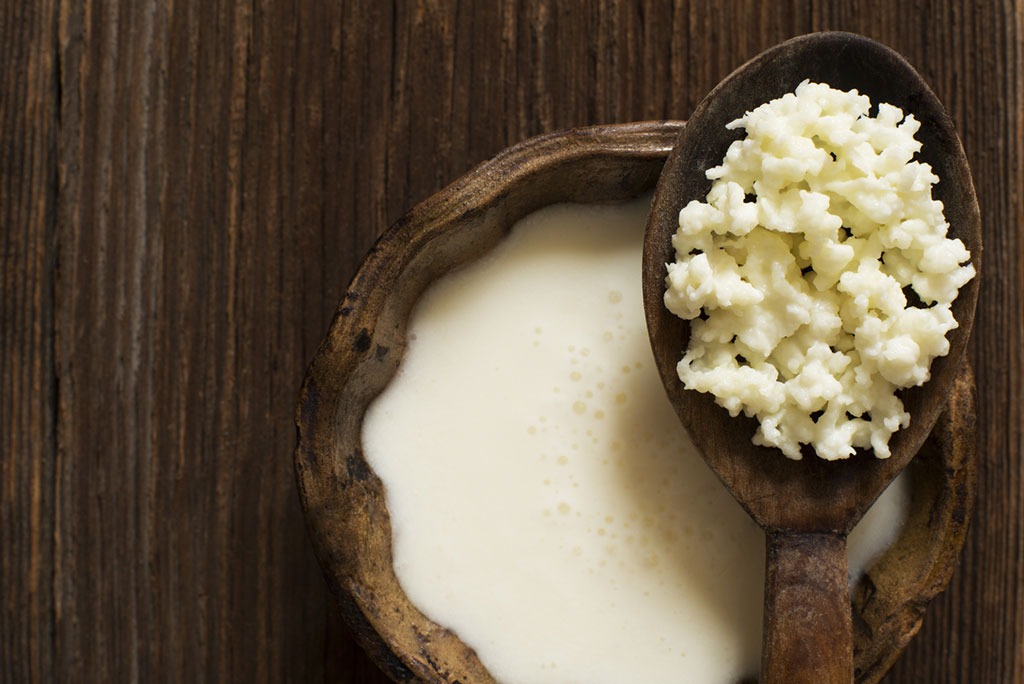
This cultured milk product has a similar taste and texture to drinkable yogurt. “Kefir is a rich source of probiotics (good bacteria), which not only help alleviate digestive issues but may also help with immunity, brain function, even weight management,” says Clark. Bonus: Unlike other food sources of probiotics, kefir contains several strains of bacteria—and is lactose-free.
Water

One of the first signs of dehydration is fatigue, so guzzling H2O may be one of the fastest ways to score an energy boost and keep your metabolism from gassing out, says New York-based dietitian Lauren Kelly, RD. Drinking warm water with lemon—especially in the morning—can also do wonders for bloat. “Warm water helps increase tightening of the intestines, which promotes regularity,” says Greene. Meanwhile, the citric acid in lemons helps flush bloat-causing toxins from the body. And for more ways to maintain a flat belly, check out our 50 Best Detox Waters for Fat Burning and Weight Loss.

